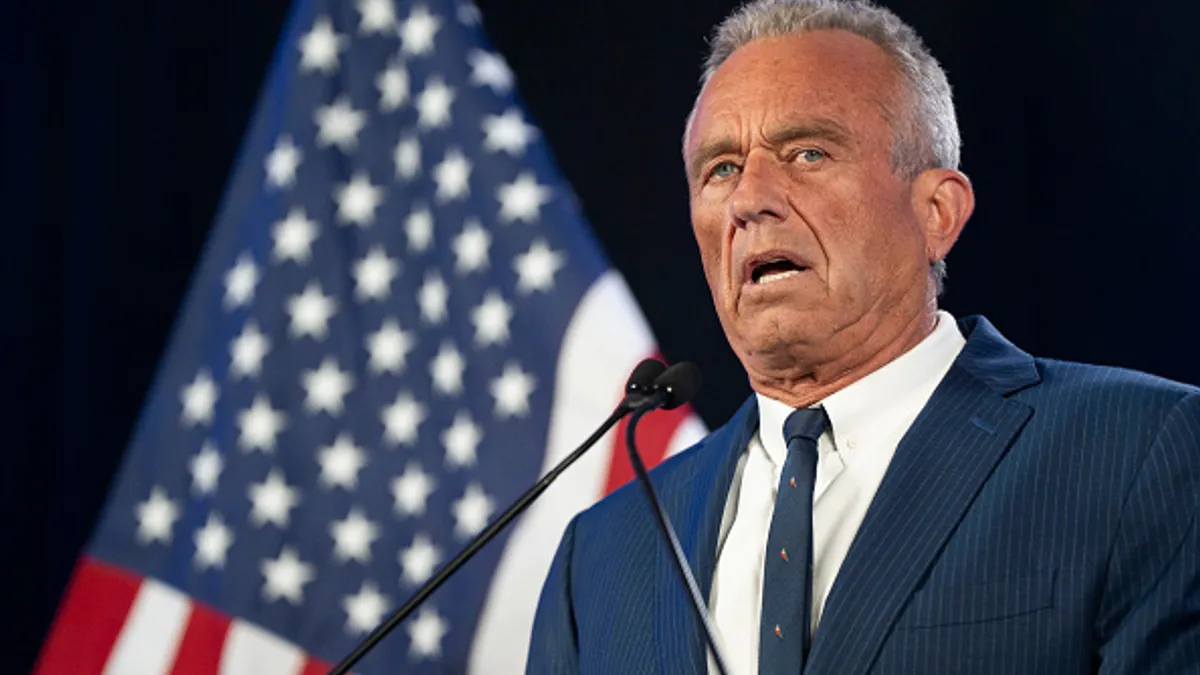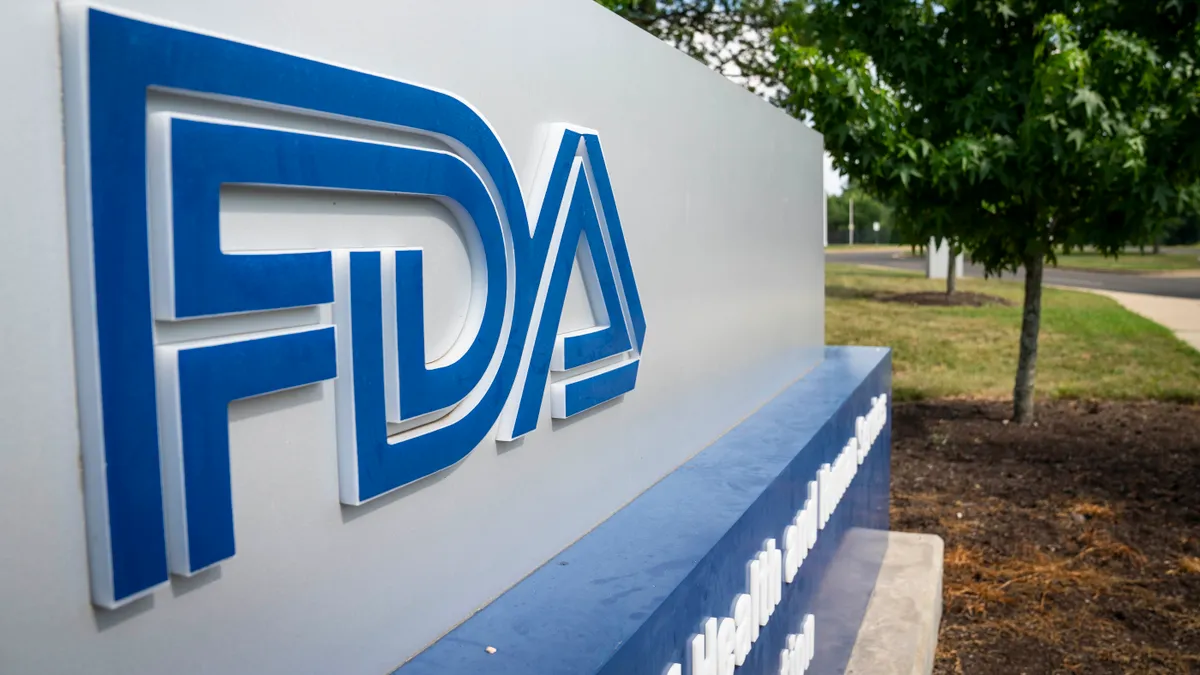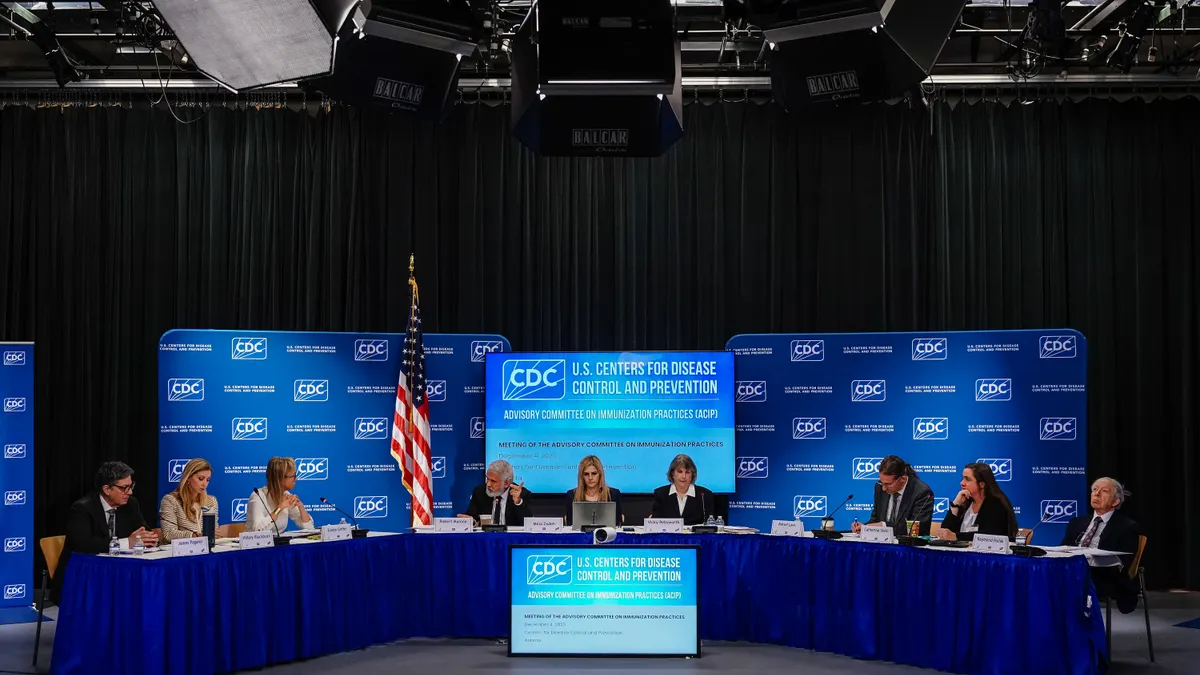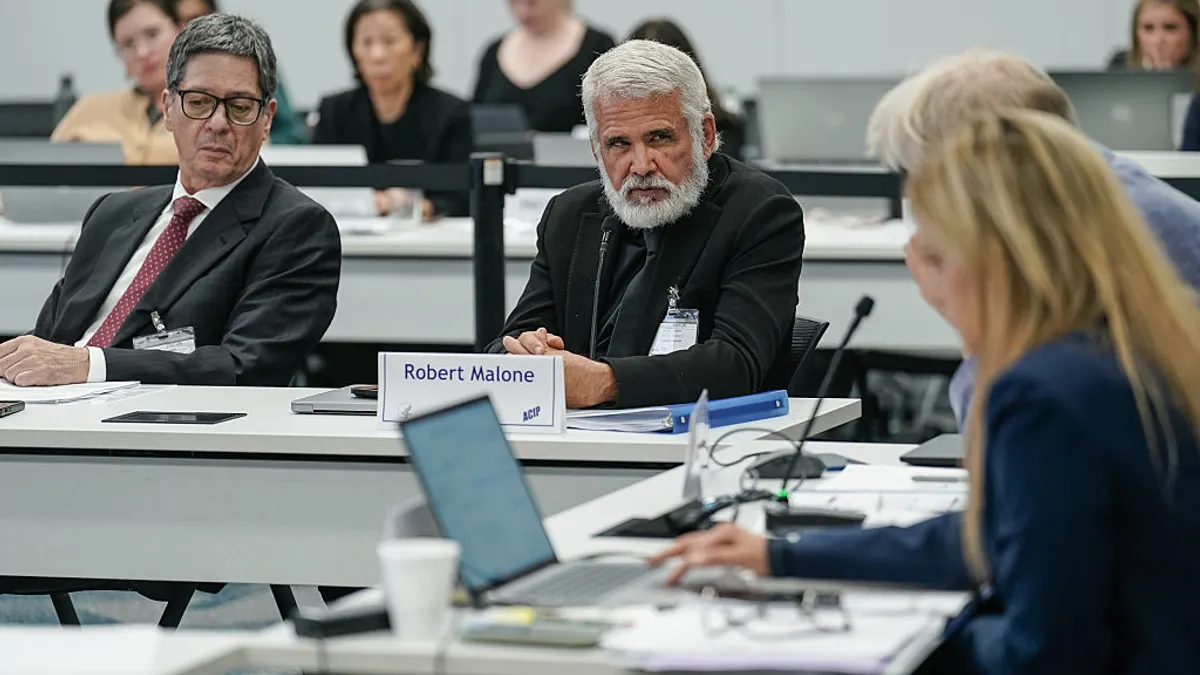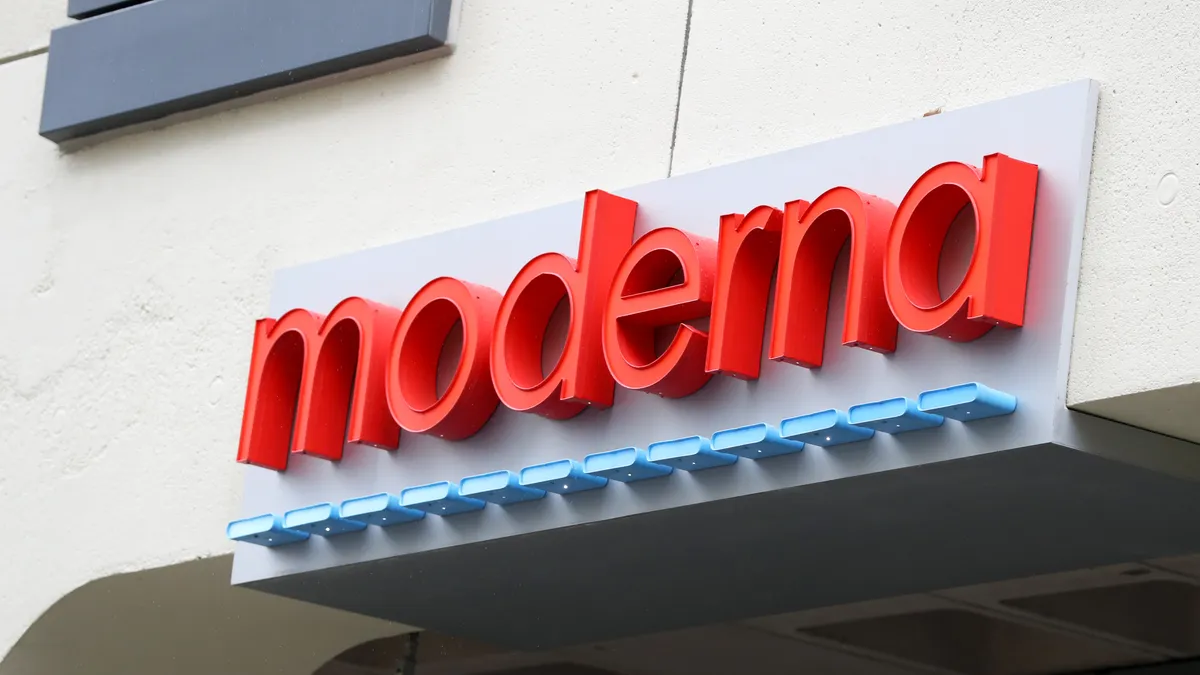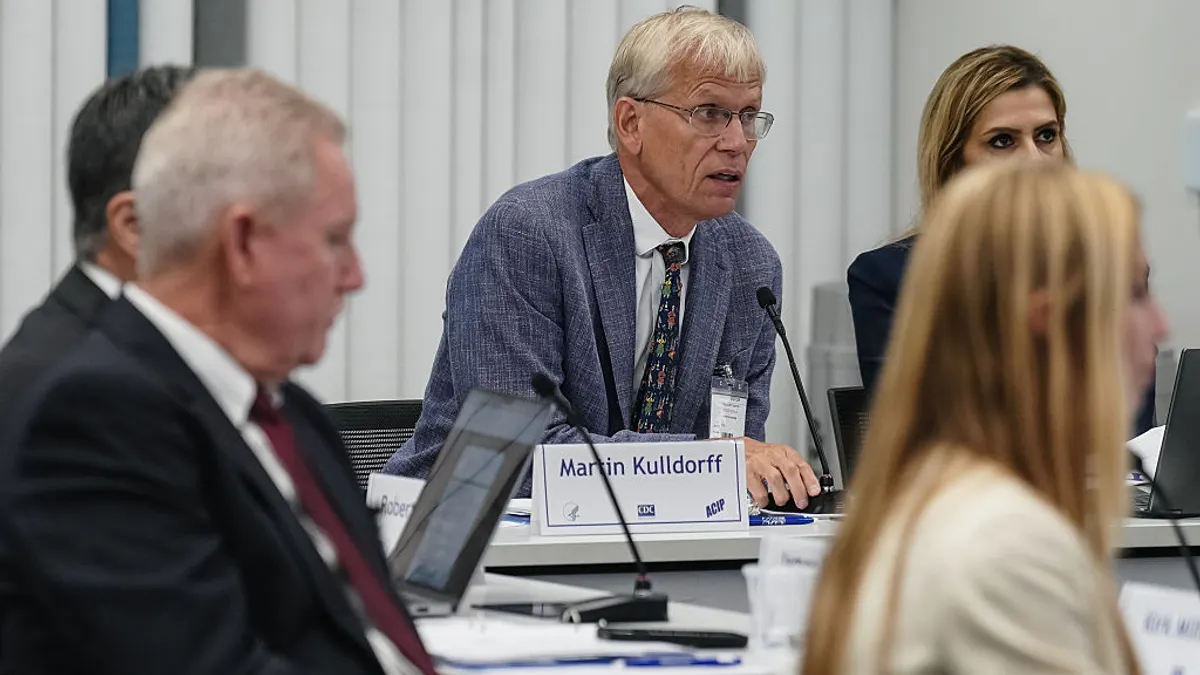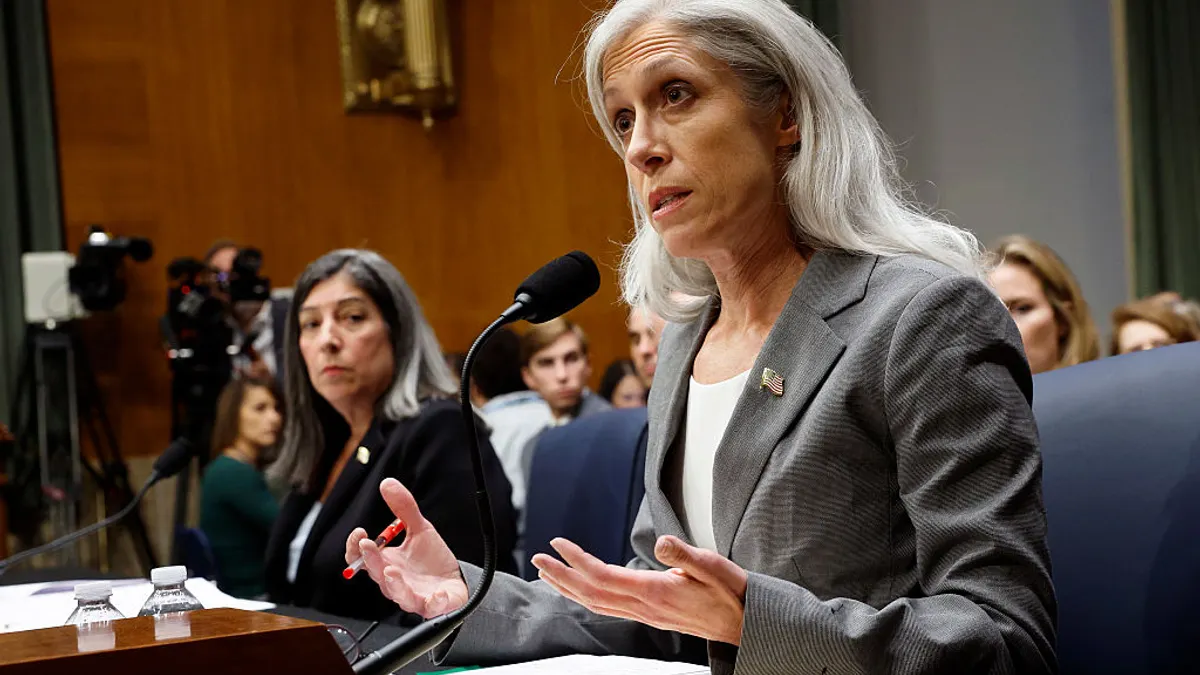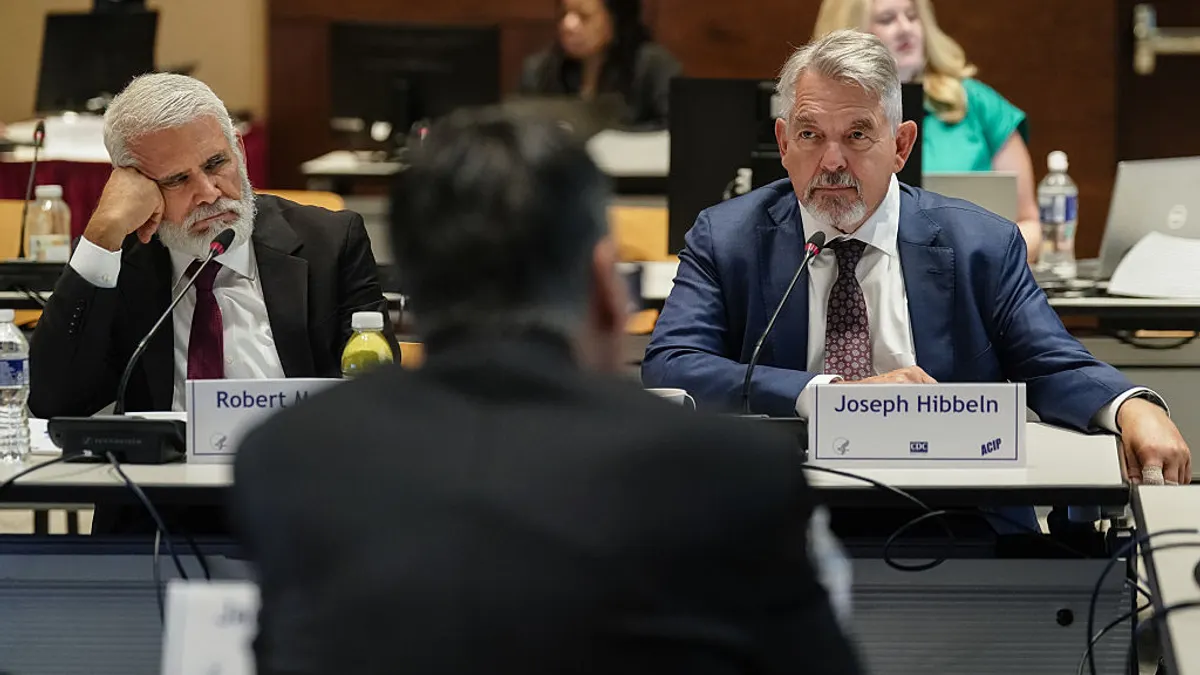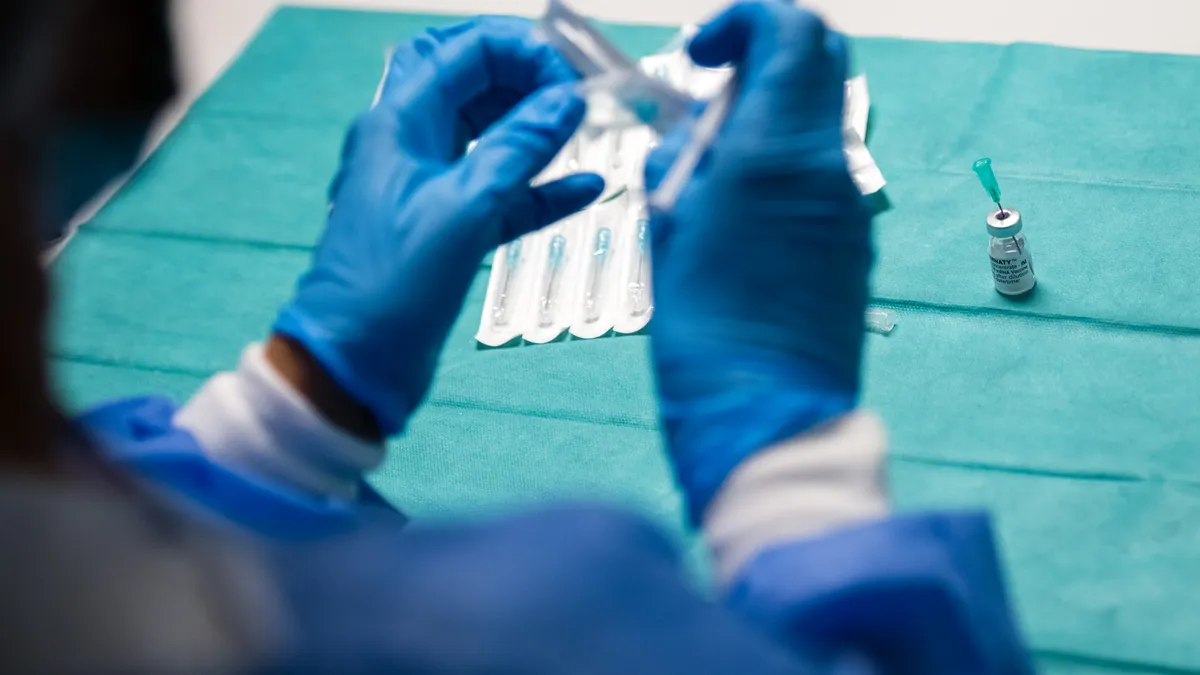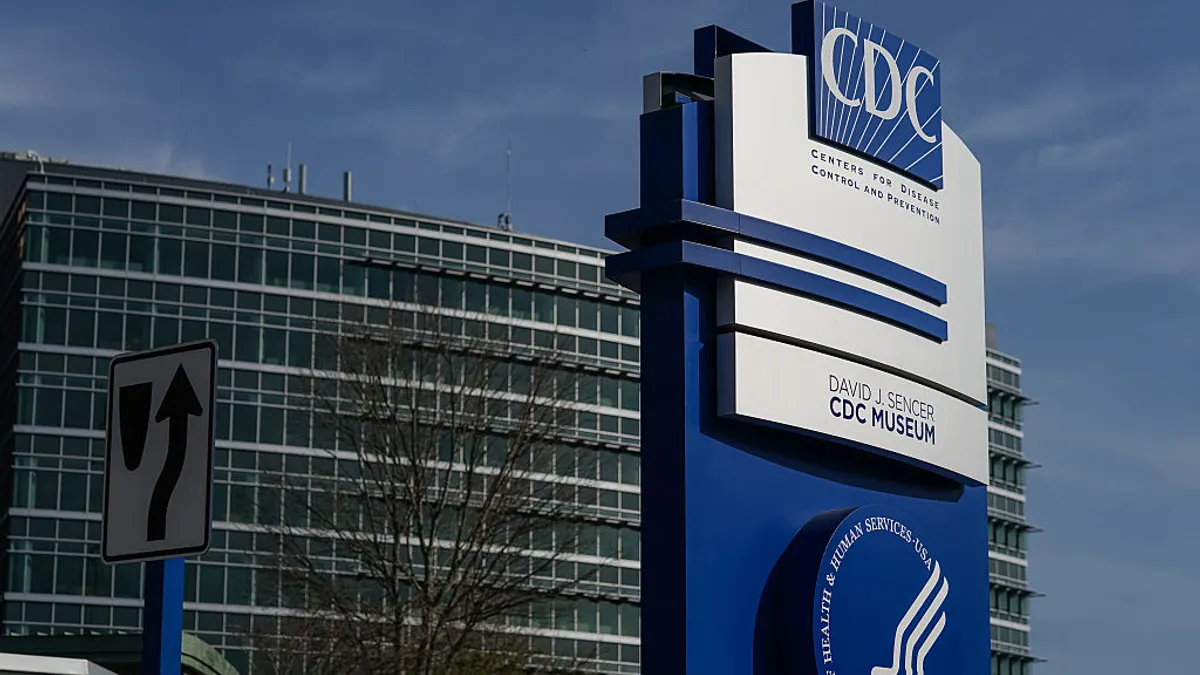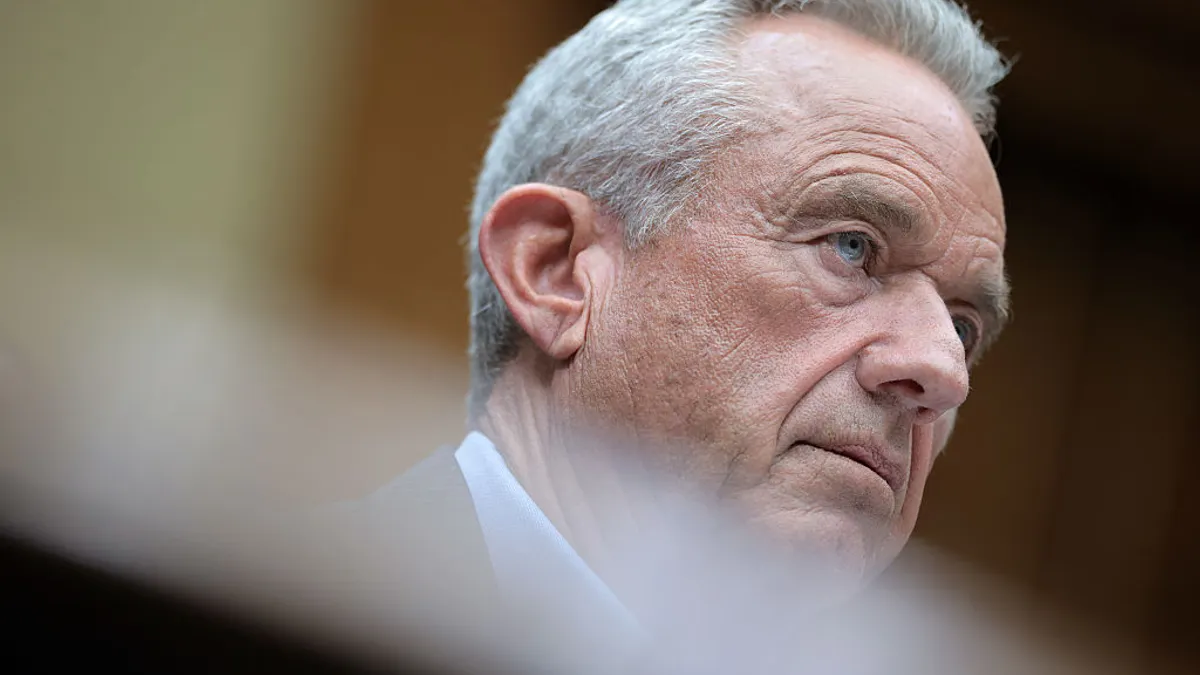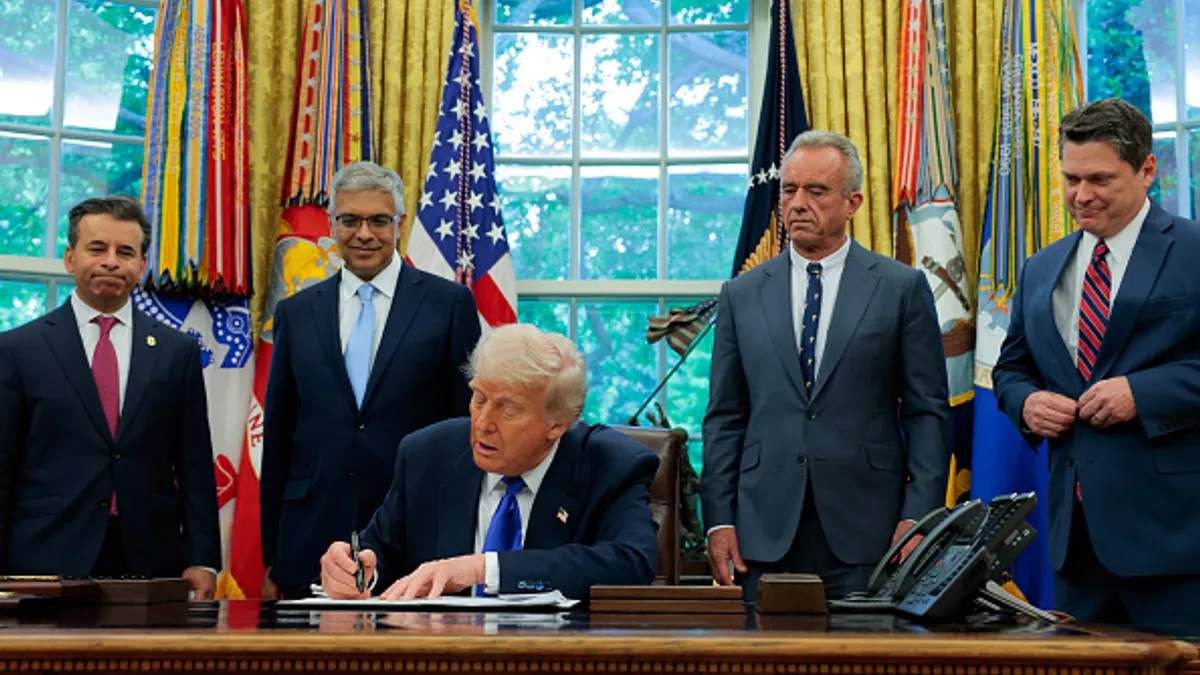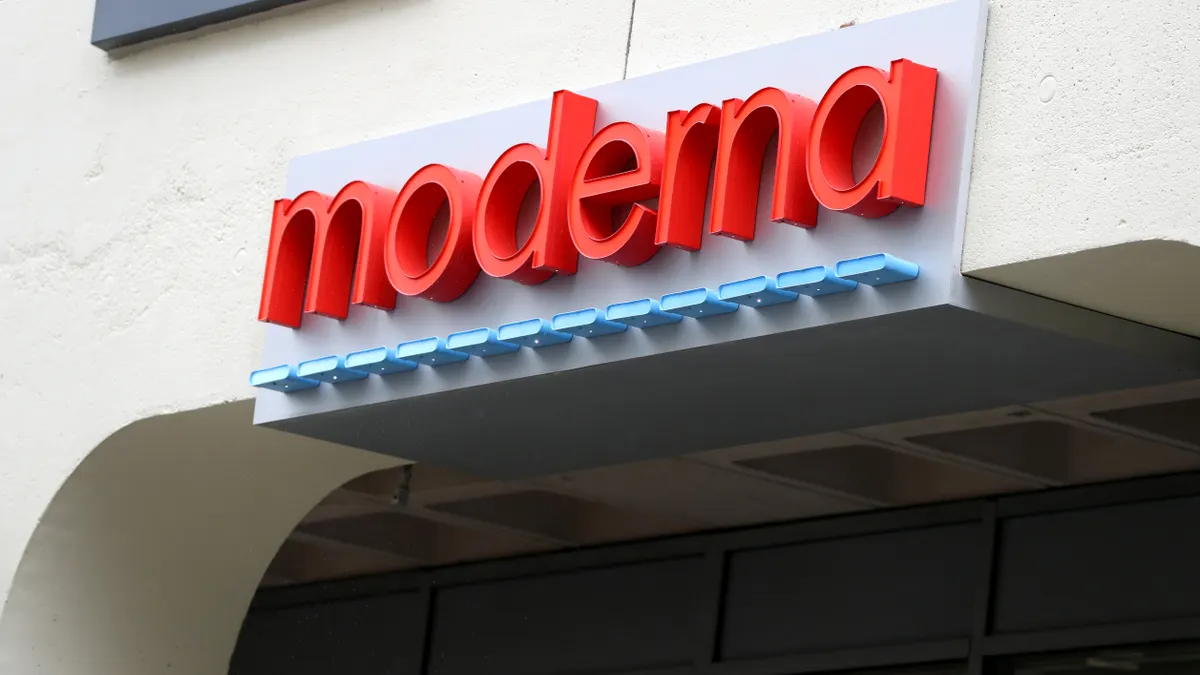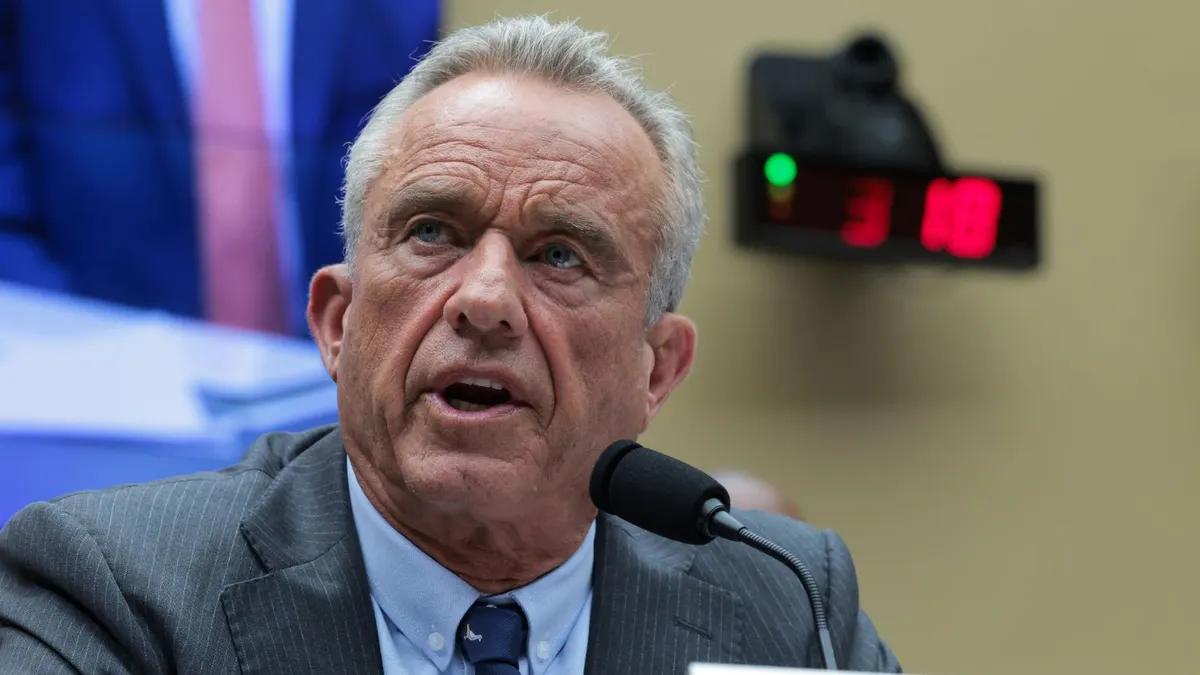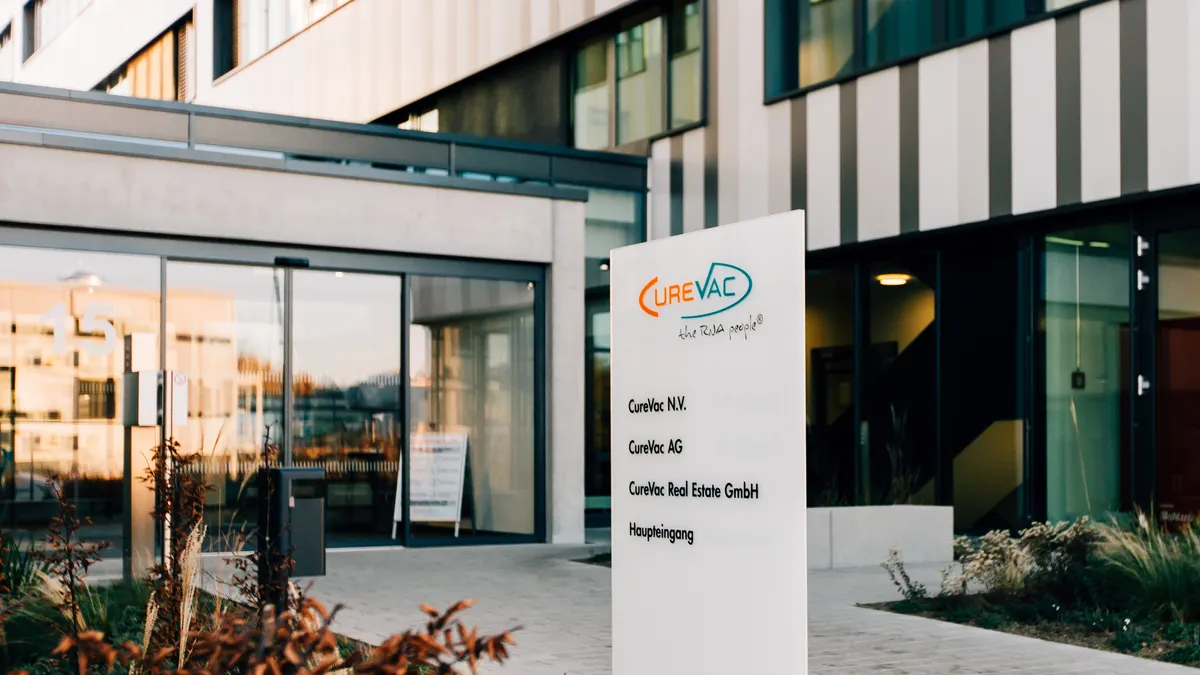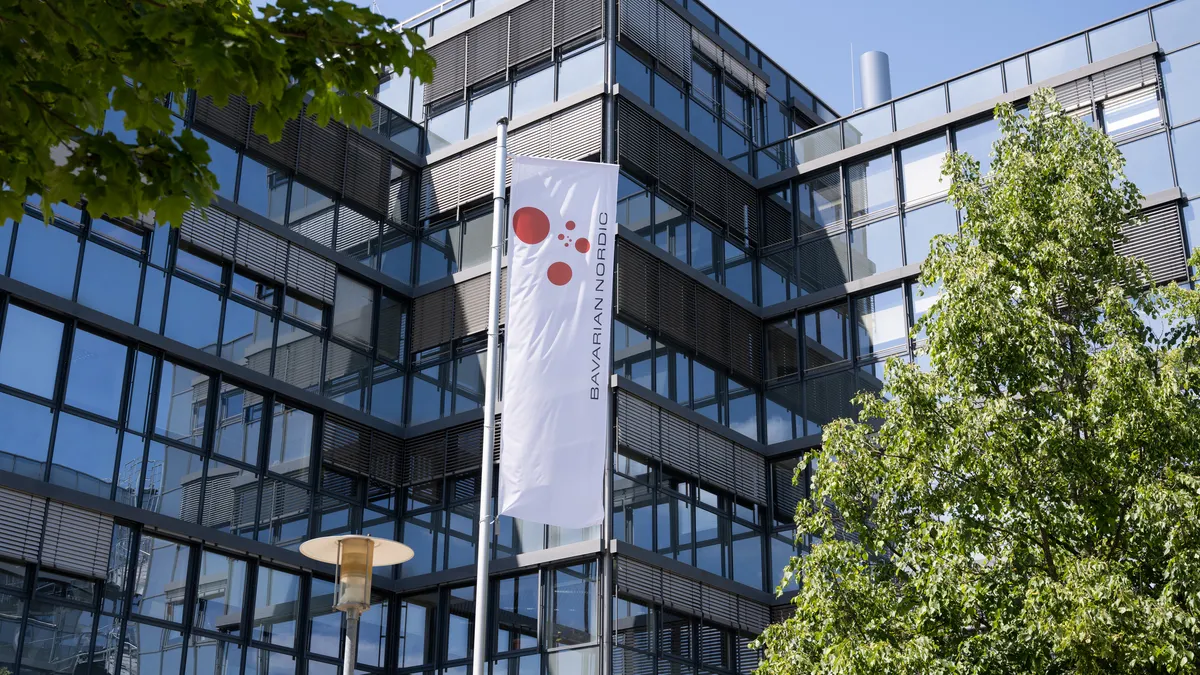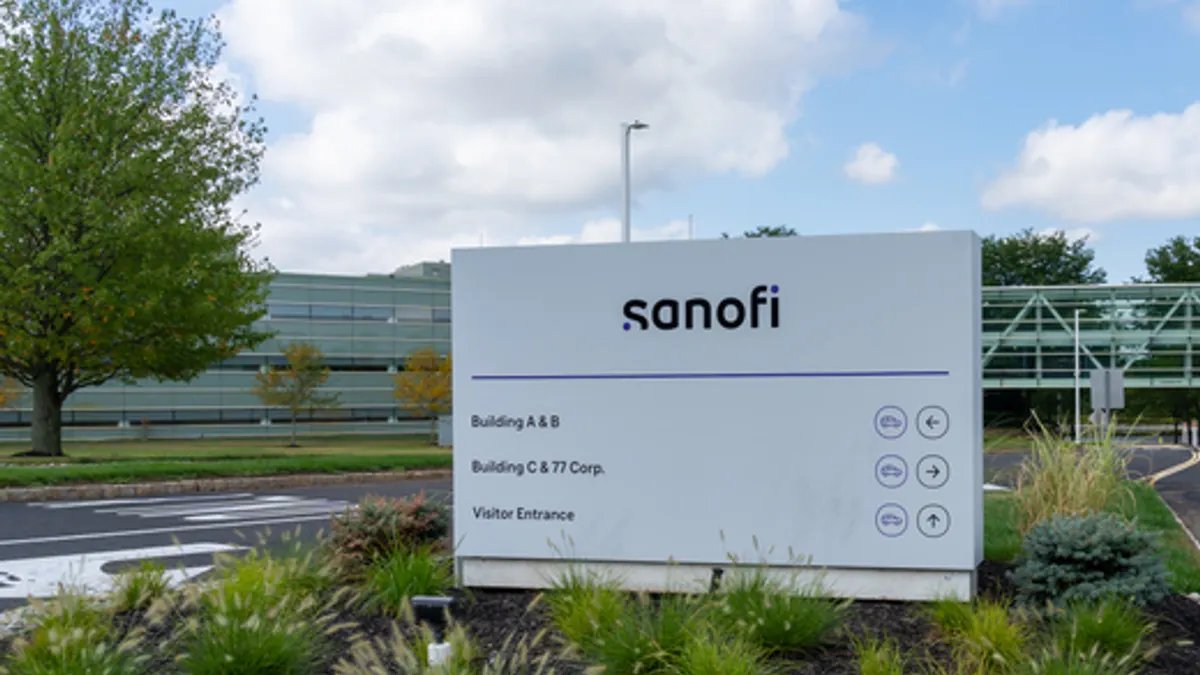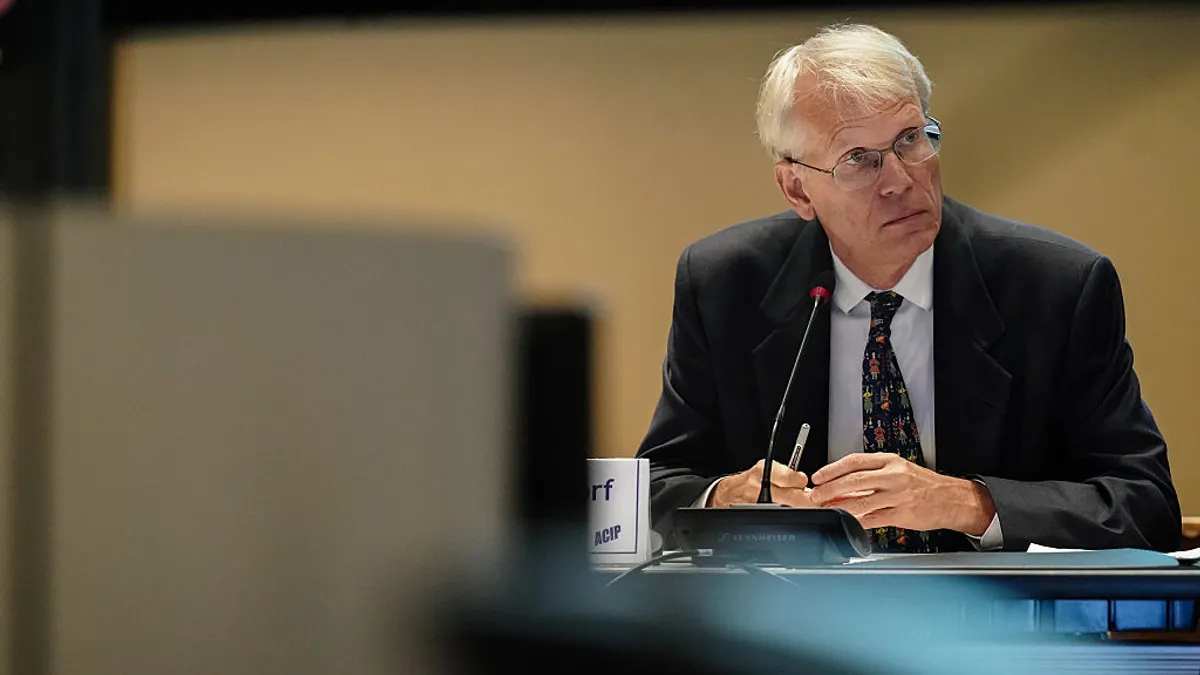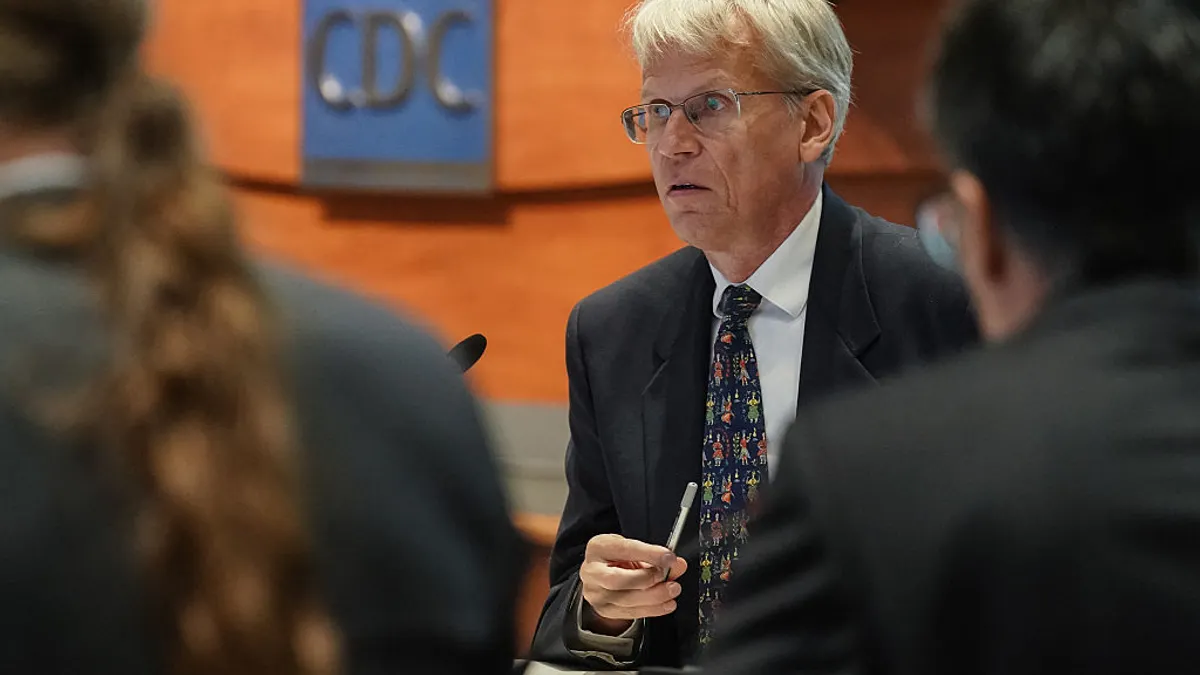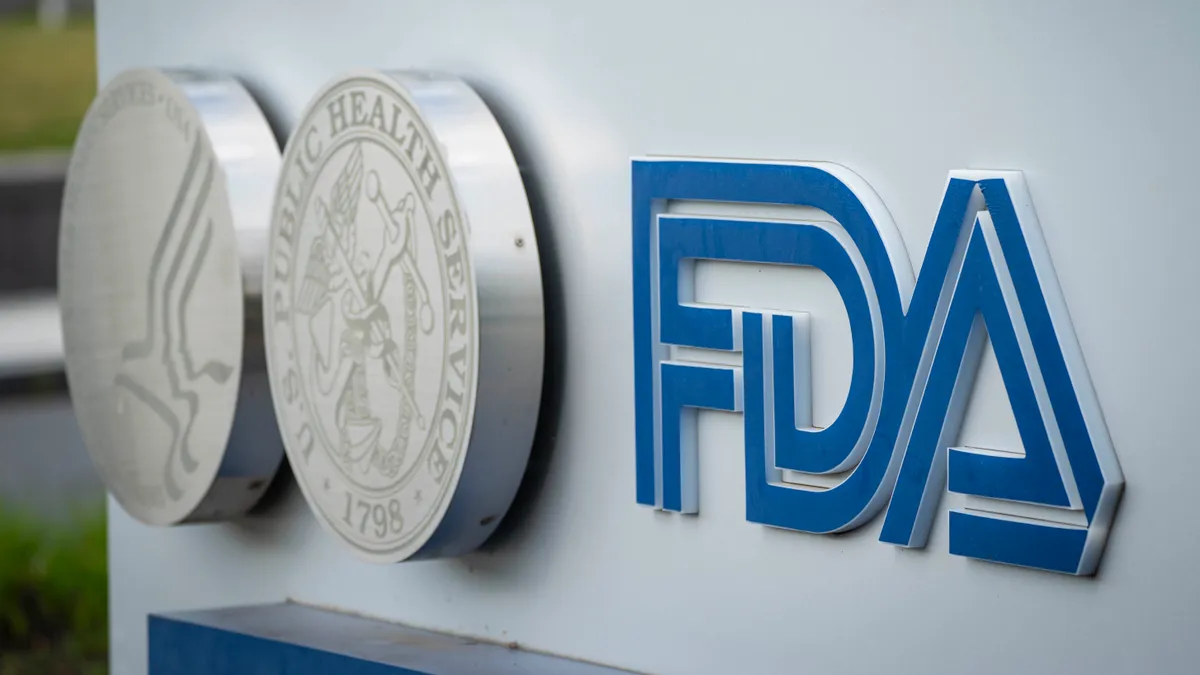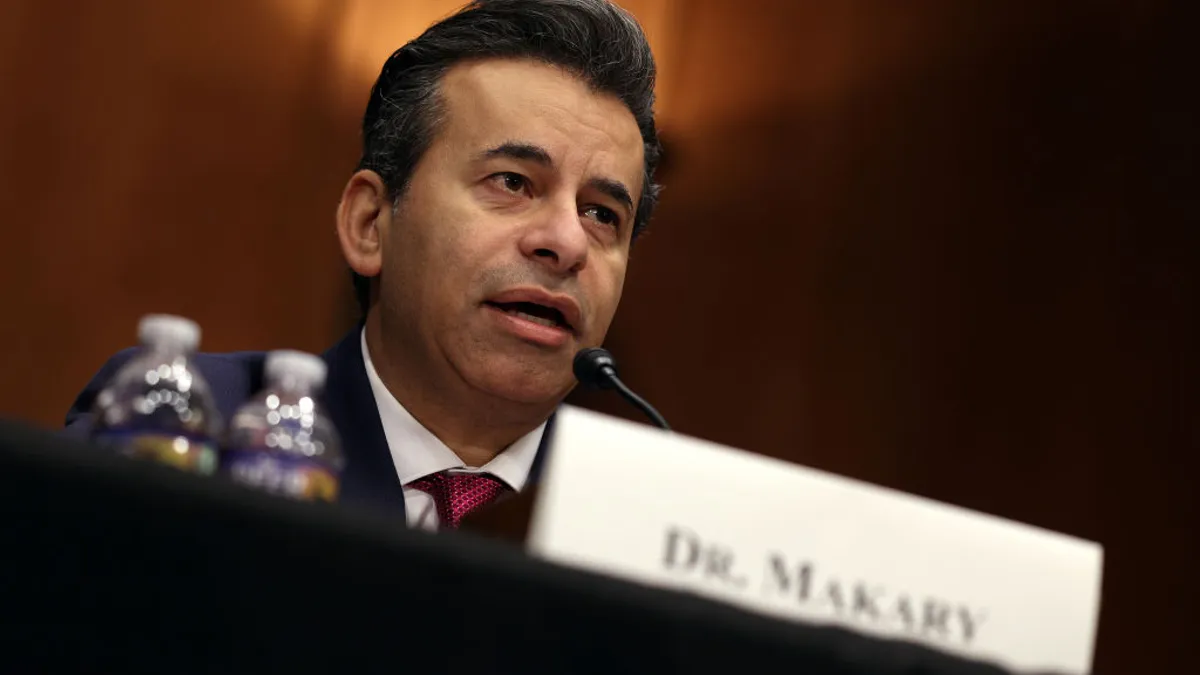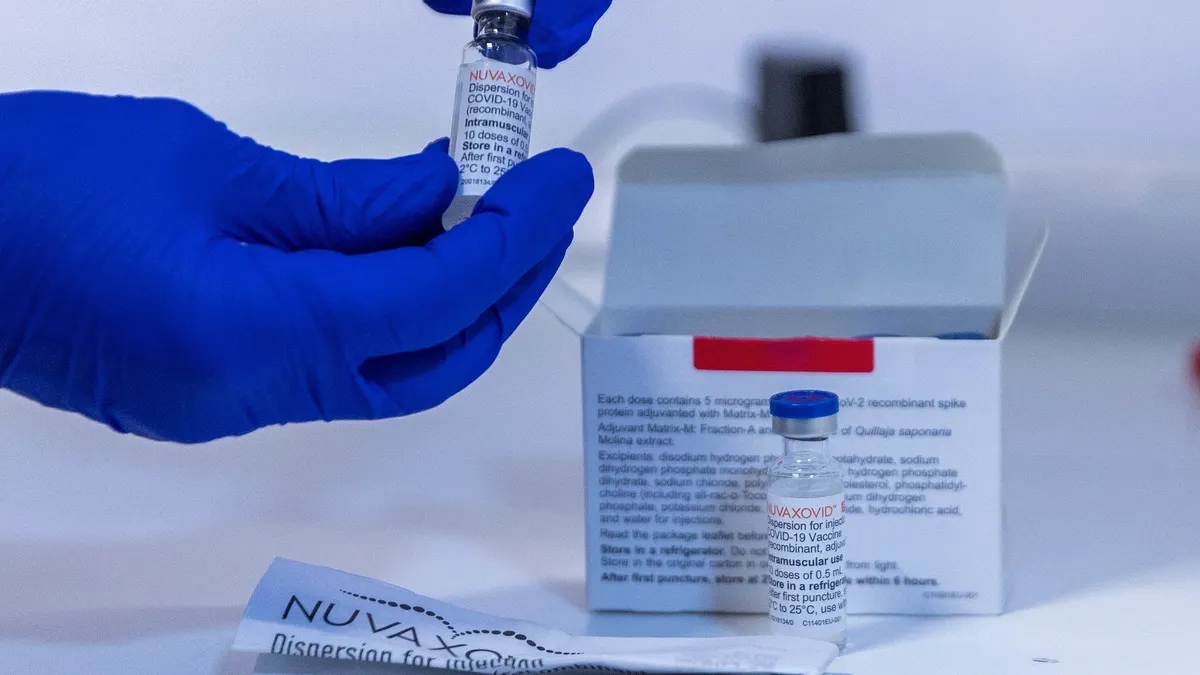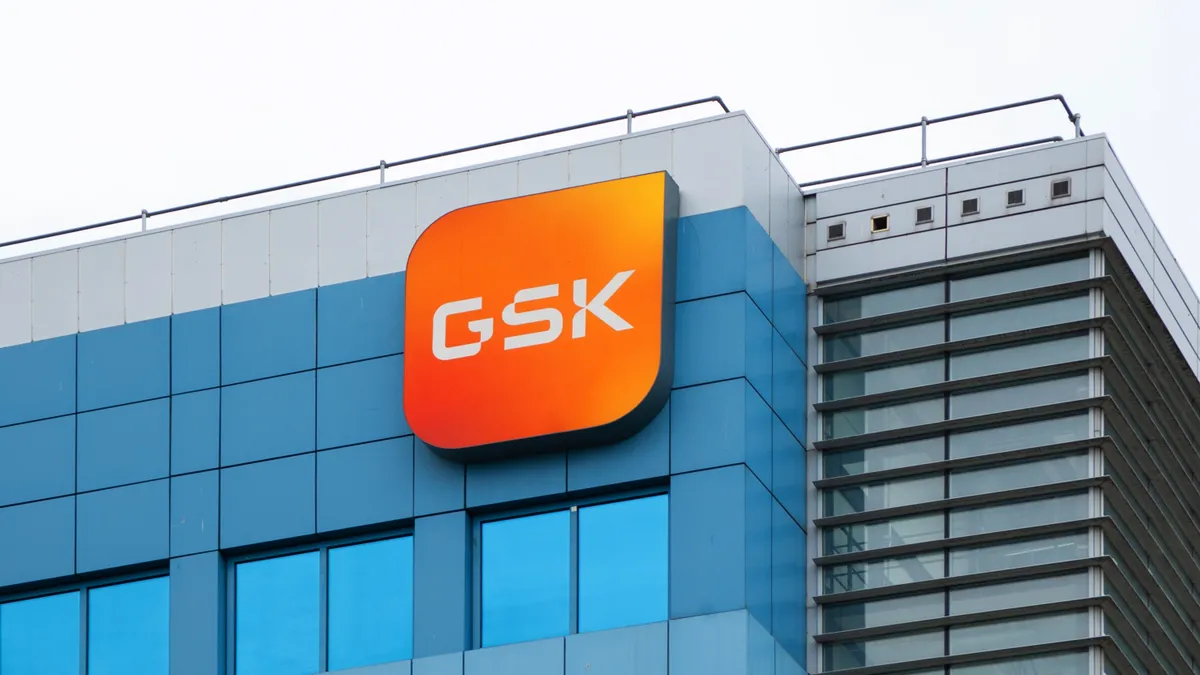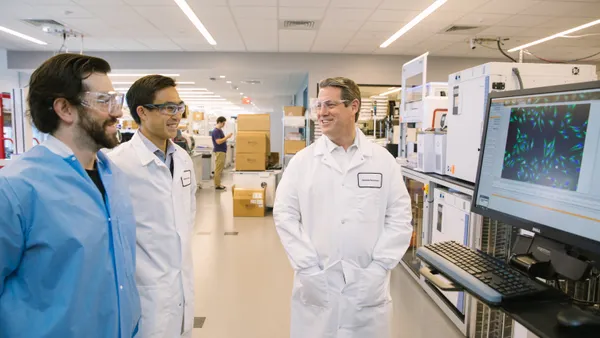The Department of Health and Human Services is canceling nearly $500 million in contracts for the development of messenger RNA vaccines in a controversial pivot away from a technology that delivered safe and effective COVID-19 shots in record time during the pandemic.
According to a Tuesday statement from HHS, the Biomedical Advanced Research and Development Authority, or BARDA, will terminate 22 mRNA projects in total, including contracts with Moderna, Pfizer and CSL Seqirus.
HHS Secretary Robert F. Kennedy Jr. falsely claimed, against the evidence of many clinical trials, that mRNA vaccines “fail to protect effectively against upper respiratory infections like COVID and flu.”
Instead, Kennedy said in the statement, HHS will shift funding toward what he described as “safer, broader vaccine platforms that remain effective even as viruses mutate.”
Hundreds of millions of people received mRNA vaccines developed for COVID by Moderna as well as partners Pfizer and BioNTech. Testing in large clinical trials found them highly protective against the most serious outcomes of the disease and broadly safe. Additional research found an association with myocarditis in young men, but the relative risk is small and inflammation can also be caused by COVID.
Their development in record time was the product of close collaboration between the U.S. government and drugmakers during the Trump administration’s first term. Unlike older vaccine technologies, mRNA vaccines can be rapidly designed and modified to better match circulating viruses, making it a vital pandemic response tool.
“BARDA invested in mRNA technology precisely because it could deliver safe, scalable vaccines in record time, a capability proven during COVID. By dismantling that platform, we’re crippling our front-line defense, just ahead of unknown biological threats,” Rick Bright, the director of BARDA during the first Trump administration, wrote in a post on X.
Paul Offit, a vaccine expert and professor of pediatrics at The Children's Hospital of Philadelphia, noted that mRNA technology could help scientists respond more quickly in the event of another pandemic than older methods like whole-killed virus vaccines.
“It's a giant step backward for science,” Offit added in an interview. “The research and development that was being done by BARDA was getting us ready for the future and this makes our future less bright.”
Kennedy, a vaccine skeptic who for years criticized mRNA technology, has taken steps since becoming HHS secretary that experts fear weaken the country’s public health. He fired a vaccine advisory panel to the Centers for Disease Control and Prevention and replaced its members with hand-picked successors who share many of his views. He changed CDC recommendations for COVID vaccines in pregnant women and children, while the Food and Drug Administration, which he oversees, has set strict approval standards for the shots.
“After reviewing the science and consulting top experts at NIH and FDA, HHS has determined that mRNA technology poses more risk than benefits for these respiratory viruses,” Kennedy said in a video on the social media site X.
HHS said that, outside of vaccine development, other uses of mRNA technology within the department are not impacted by the announcement.



